Dubai, Korea Strengthen Innovation, Entrepreneurship Ties to Boost Next-Generation Startups
Dubai–Korea partnership to shape the future by connecting next-generation startups with Dubai’s global innovation platforms Dubai Future…
We reimagine, inspire and design Dubai’s future in collaboration with our public and private sector partners. Our aim is to make Dubai one of the world’s foremost future cities.
Scroll to content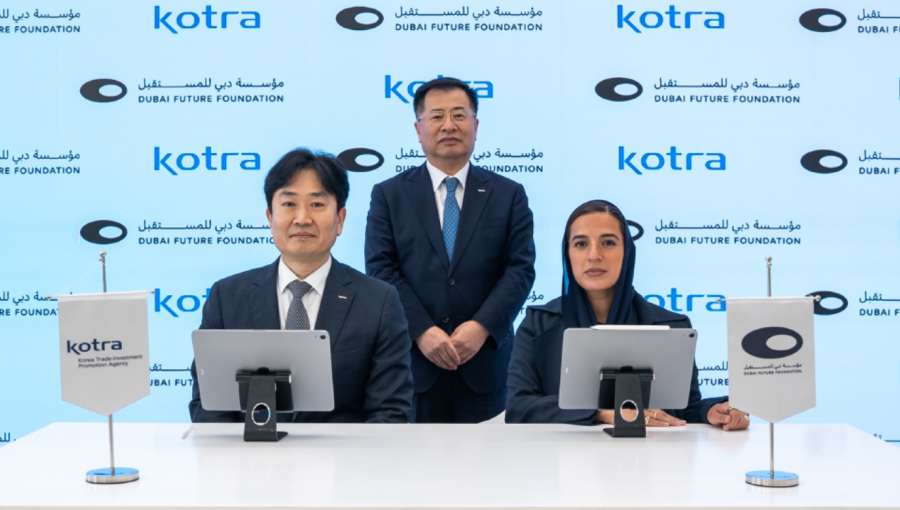
Dubai–Korea partnership to shape the future by connecting next-generation startups with Dubai’s global innovation platforms Dubai Future…
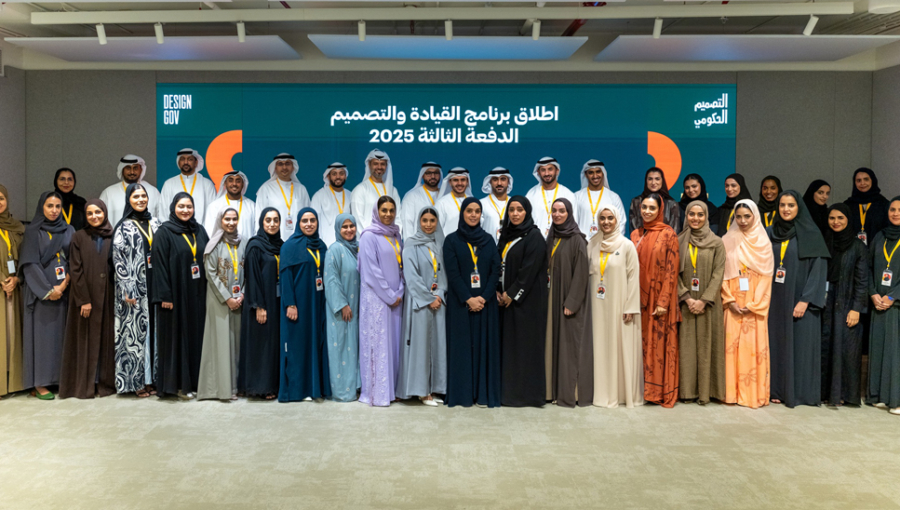
Dubai Future Foundation (DFF) has launched the third cohort of the Lead & Design Program, with 41 participants from across Dubai’s government…

Dubai Future Foundation and Amazon UAE announced the launch of an innovative program that will enable individuals to participate in the gig economy…
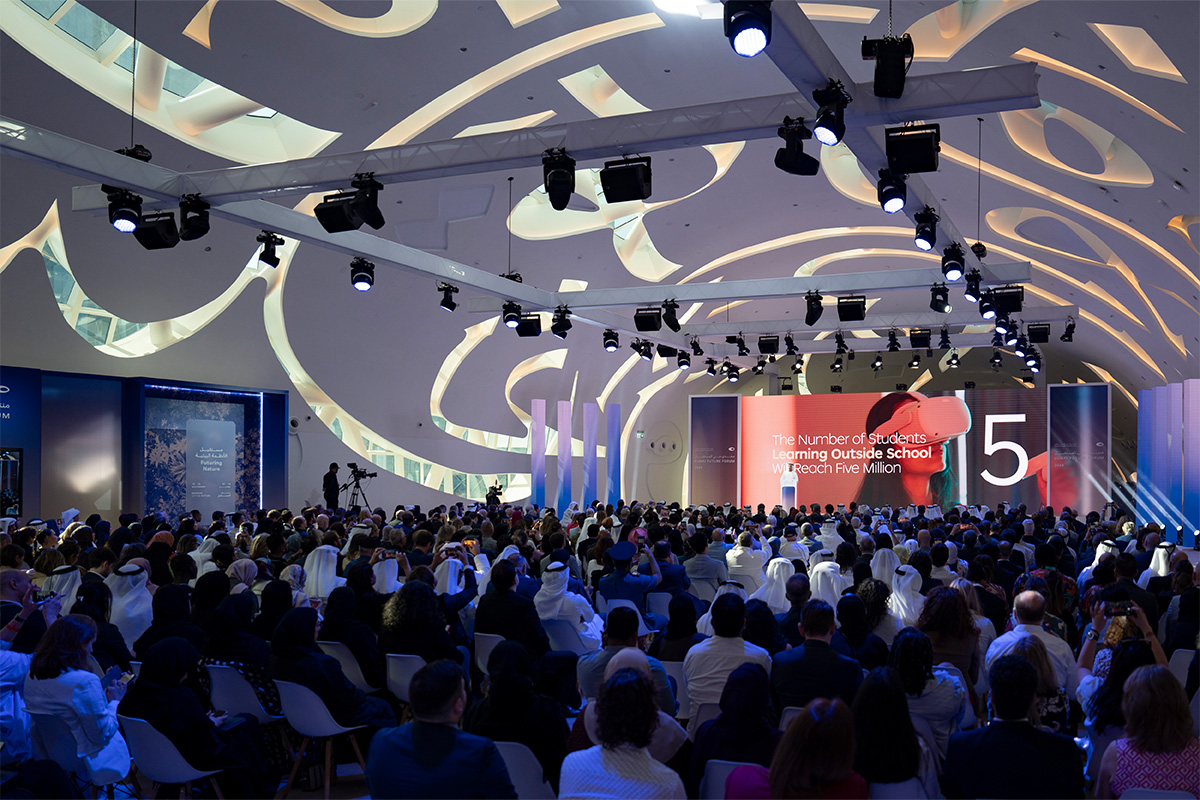


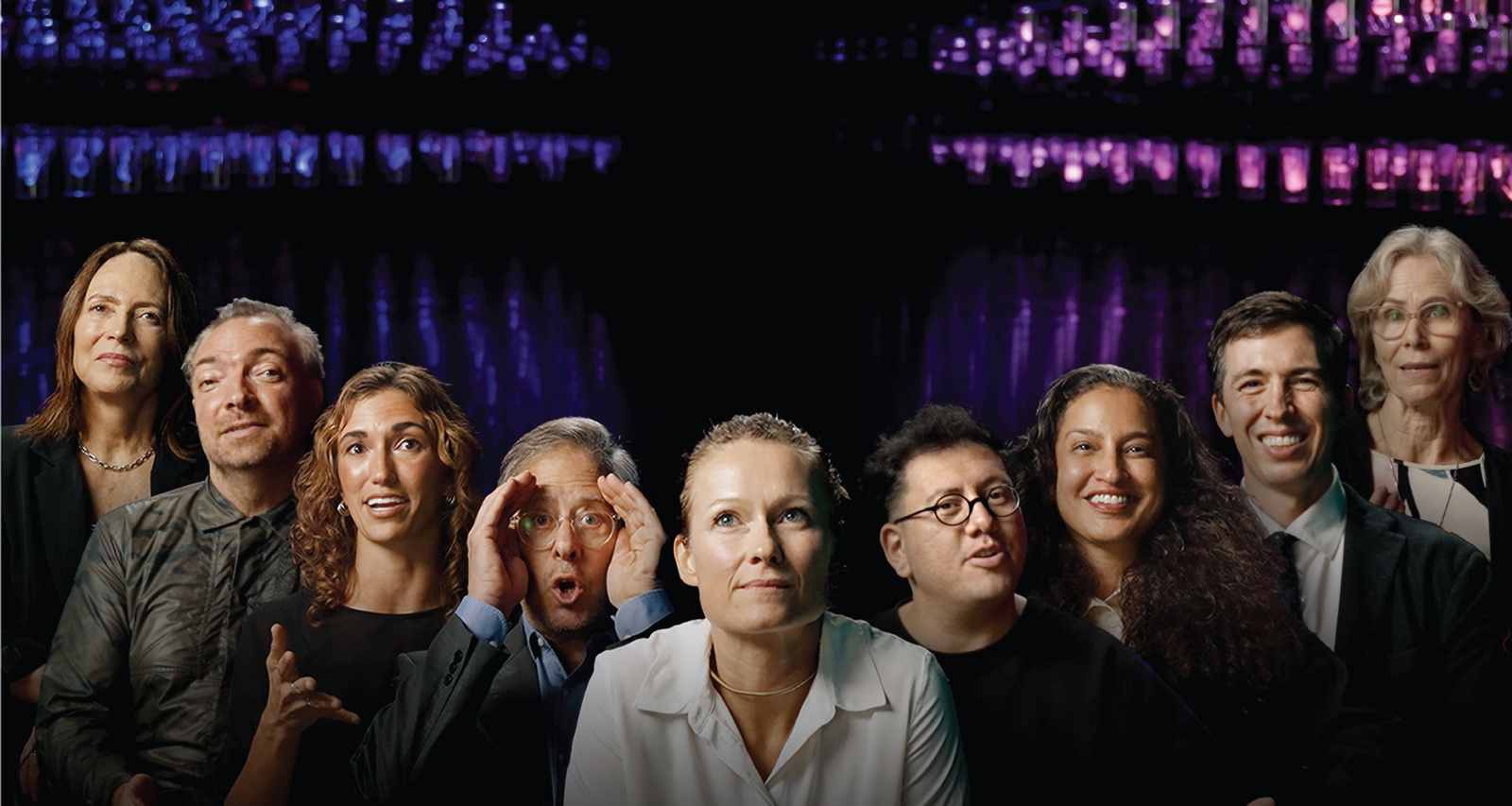
A Docuseries by Dubai Future Foundation
Watch Season 3’s New Episodes
Watch the series now
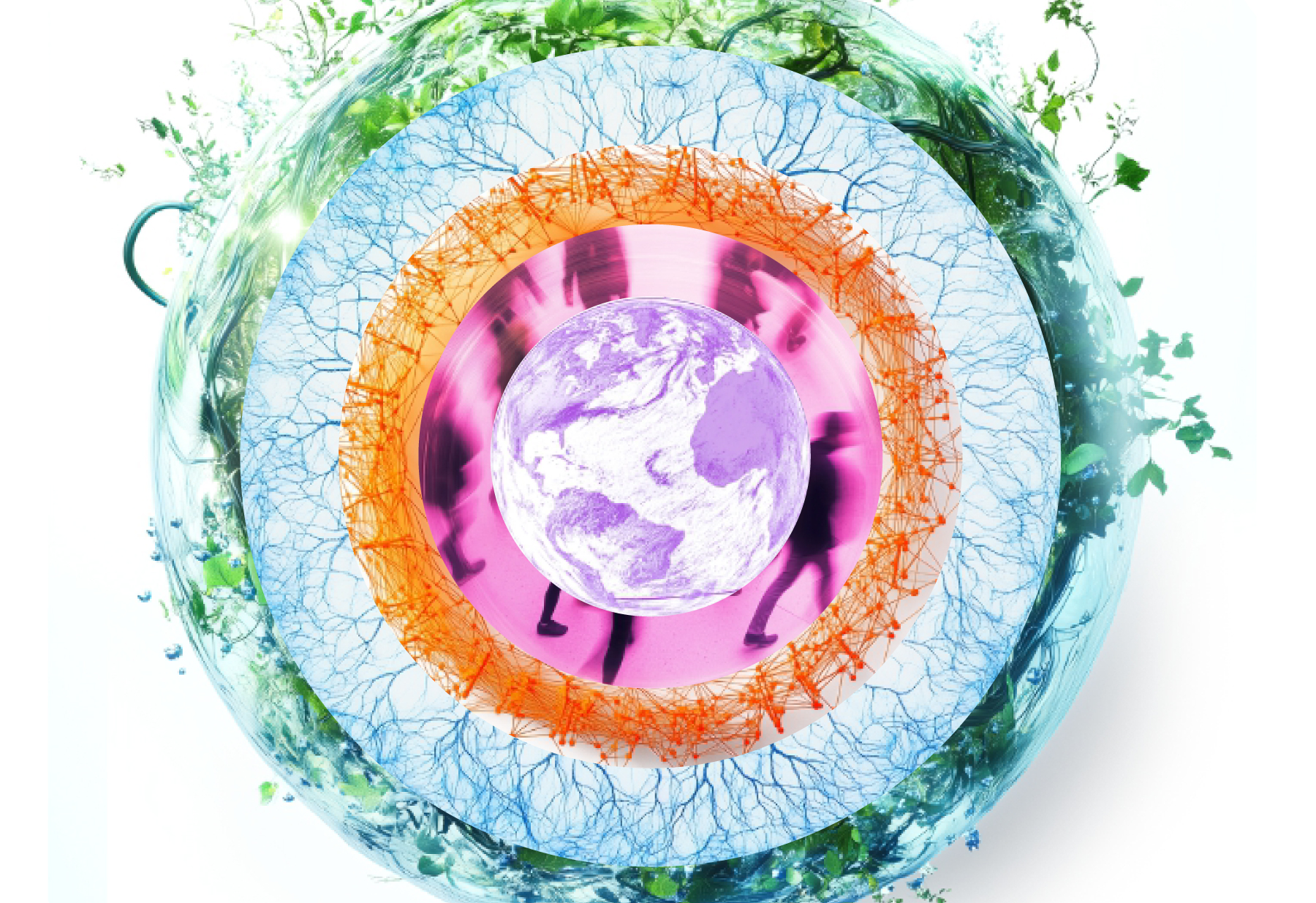
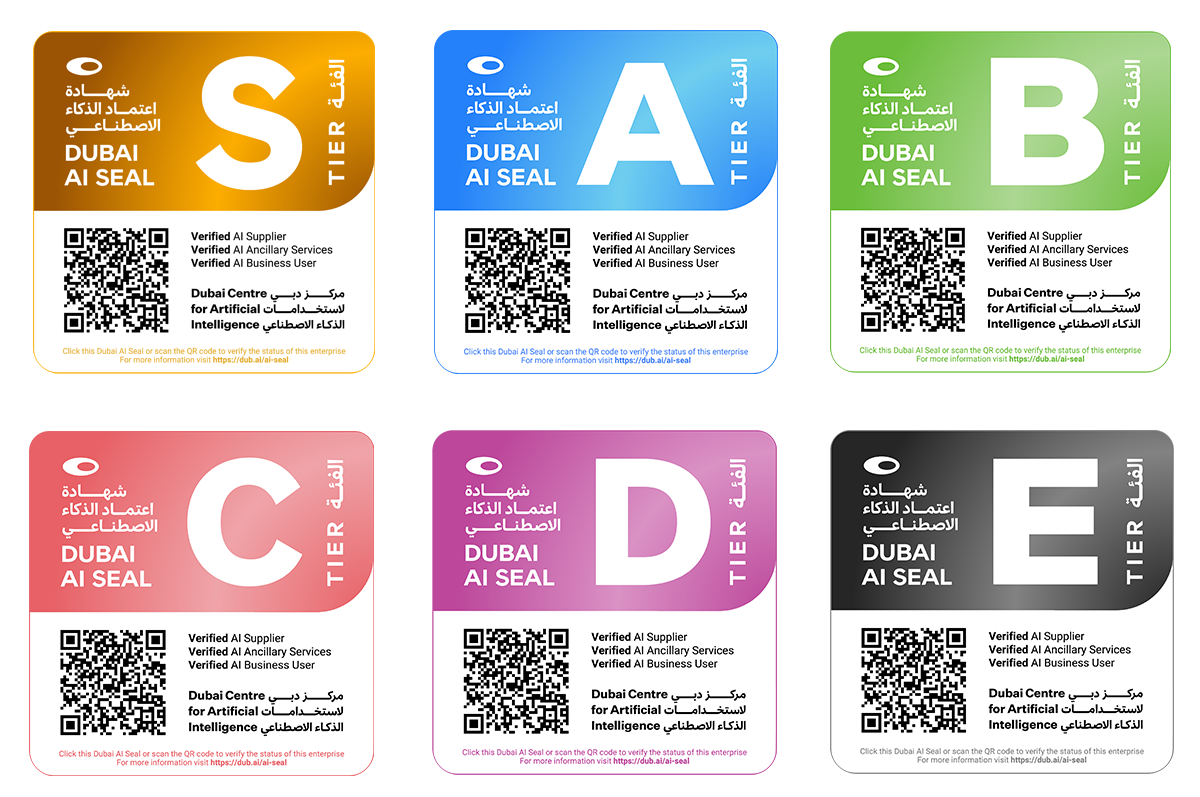

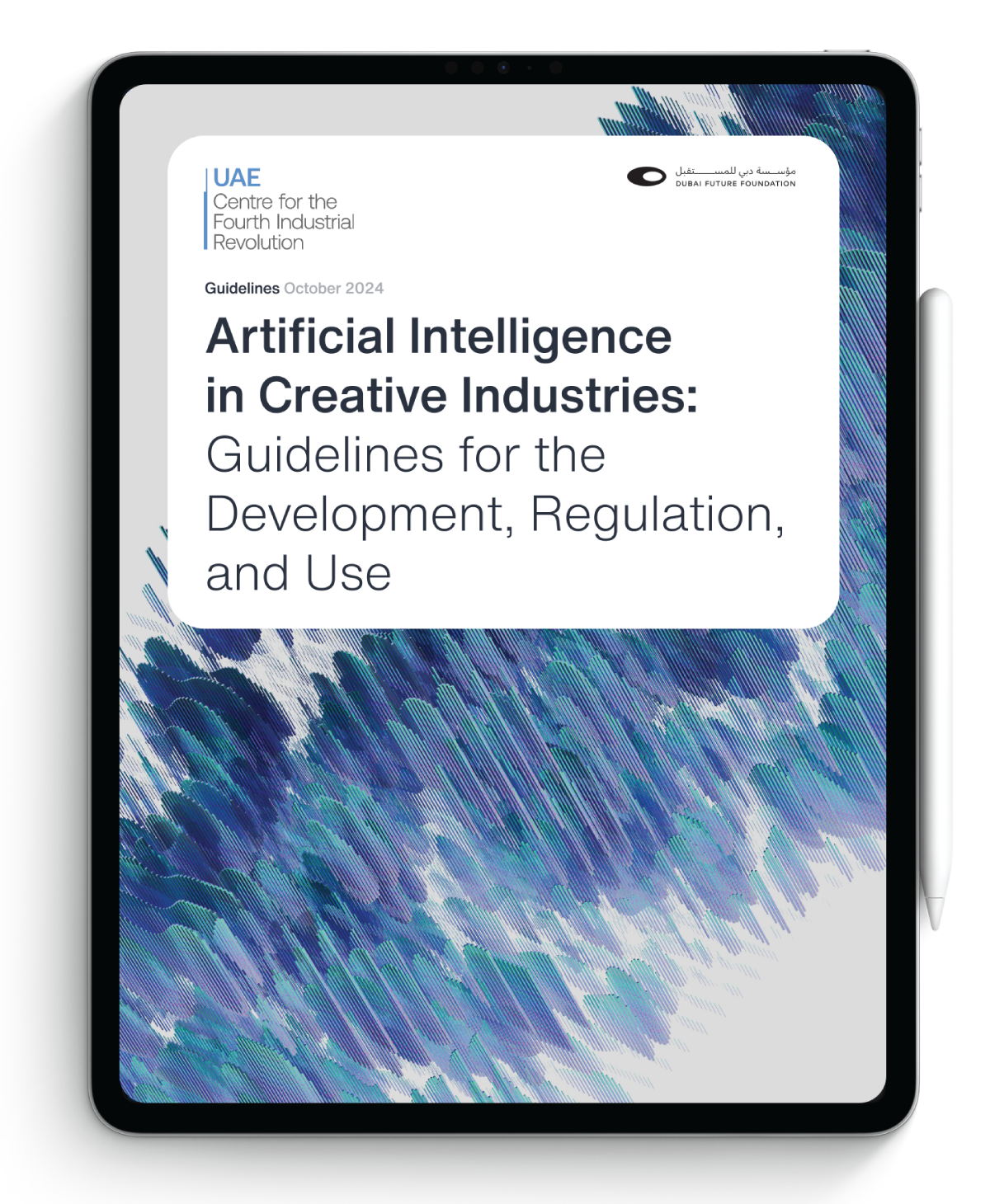
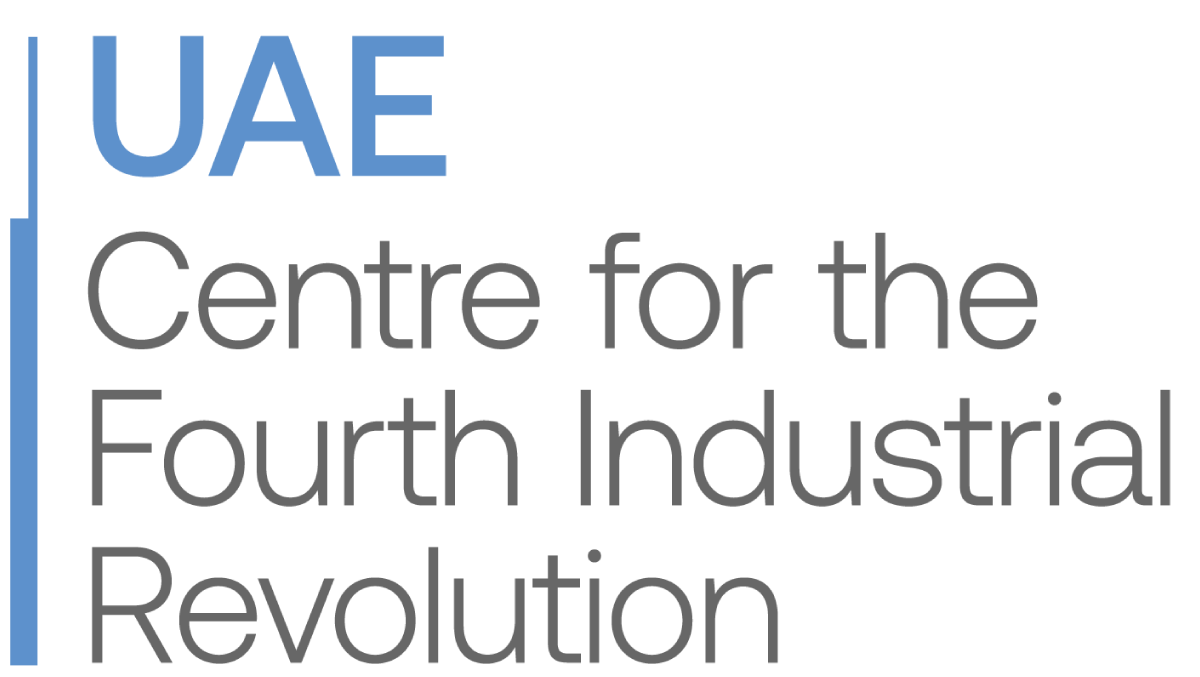
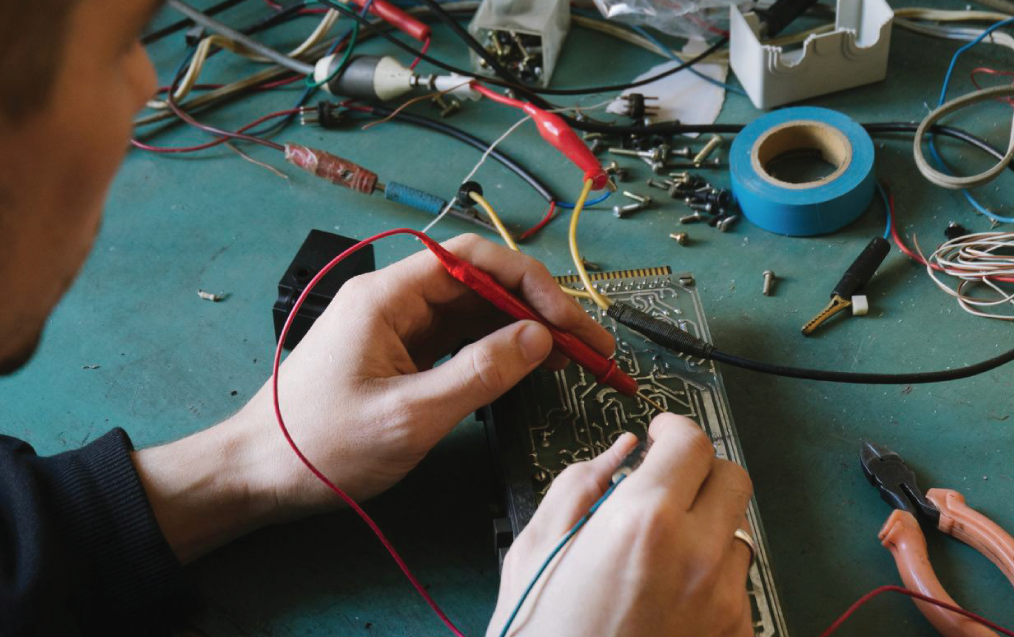
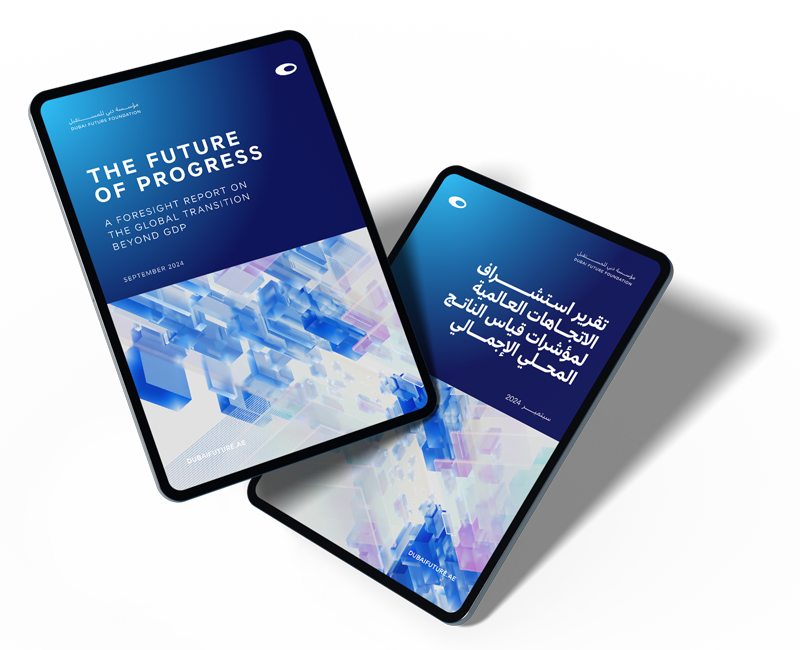




The Dubai Future Foundation continues to work to achieve its vision and goals with a focus on five Strategic Business Units.
LEARN MORE
Our programmes connect corporate and government entities with leading startups, ideators, researchers, entrepreneurs and students of all ages – to solve challenges, create solutions, and co-create a better tomorrow.
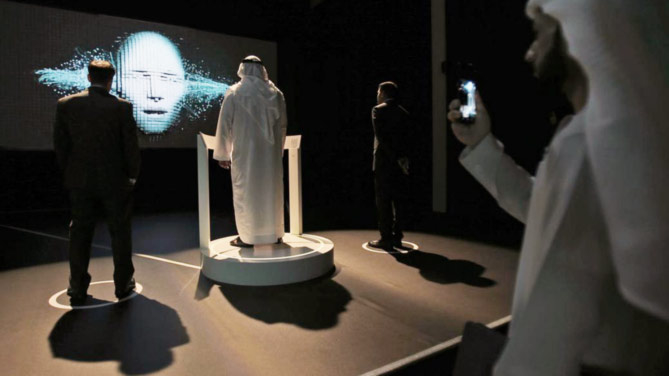
At the Dubai Future Foundation, all our people bring with them their own unique stories – of success, perseverance and creativity. Our people are drawn from multiple disciplines, and from all over the world. With them, they bring the individuality of their stories and the distinctiveness of their perspectives — which all come together to create an impact.
WORK WITH US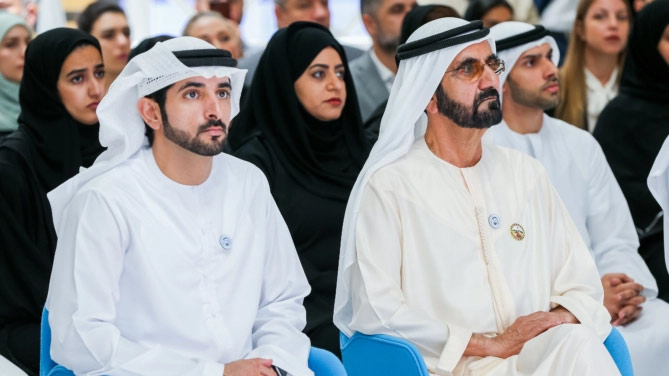
The Foundation thrives under the guidance of leadership that champions its cause of future-readiness, supports employees in going the extra mile, and creates an ecosystem that encourages taking risks and bringing innovative ideas to life.
ABOUT USNotifications